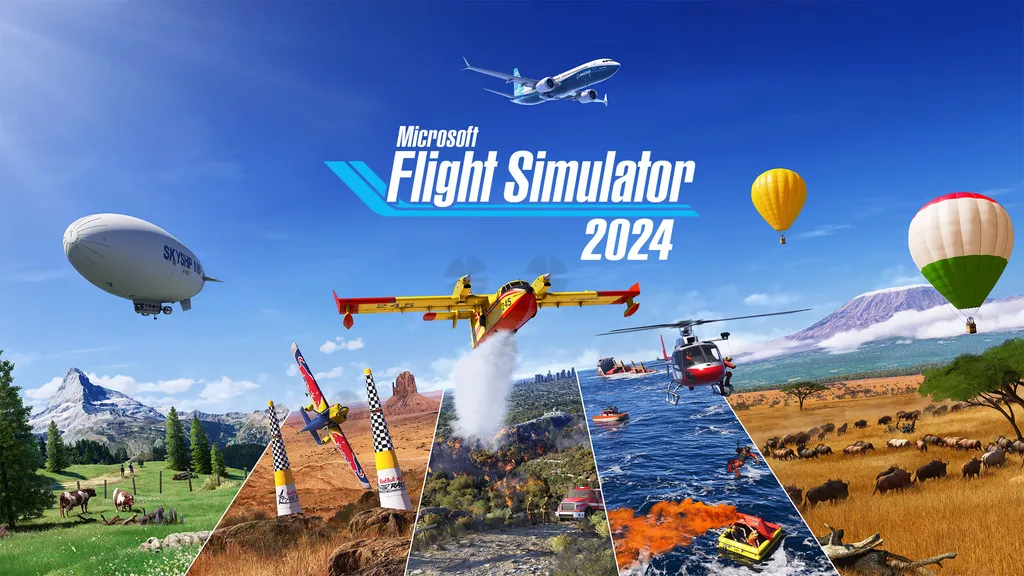Microsoft Flight Simulator 2024 is out now, and we've verified that it has VR support at launch.
However, like many others, we're unable to get past the loading screen, due to server issues that Microsoft has acknowledged in a public statement:
"We are aware of user reports of long initial loading times into Microsoft Flight Simulator 2024.
With so many users initializing the sim concurrently, we have a large number of server requests. We are working to help resolve the issues as soon as possible.
For users whose initial load is past 90% and no longer progressing, we recommend a reboot. Otherwise we advise waiting to allow the loading to proceed as normal."
We can enable VR mode in the loading screen, but we can't get past it.
For those who can access it, Microsoft promises Flight Simulator 2024 is "the most sophisticated, immersive and awe-inspiring flight simulator of all time".
Like its predecessor, it's an example of software that would be impossible without dynamic downloading of assets from the cloud. The high detail "digital twin" of Earth is several petabytes in size, orders of magnitude larger than what could be stored on a PC or console.
Microsoft says this digital twin includes hand-crafted representations of more than 150 airports, 2000 glider airports, 10000 heliports, 2000 points of interest, and 900 oil rigs, while the procedural system generates all 40000 airports, 80000 helipads, 1.5 billion buildings, and nearly 3 trillion trees on Earth.
Flight Simulator 2024 now simulates the life of 27 different biomes across all four seasons, with a "vast array" of both wild and domesticated animals, "hundreds" of species of vegetation, and dynamic generation of grass, rocks, and flowers. The new weather simulation has many more cloud types, and includes auroras and other weather phenomena. And as with previous iterations of the game, it includes simulated air, sea, and land vehicle traffic.
Assuming Microsoft's claims are true, Flight Simulator 2024 represents the most accurate and realistic simulation of planet Earth to date. In fact, the virtual Earth of Flight Simulator 2024 is apparently now so realistic that for the first time, you can exit your aircraft to inspect it, or simply explore the world.
The quality of flight simulation has also apparently been improved. Microsoft says the new physics engine can simulate more than 10000 rigid bodies, enabling "simulation of any shape of aircraft", as well as soft body simulation for cloth, ropes, balloons, and more. And it's not only flying that this applies to, as Microsoft says ground simulation (for taxiing) has been improved too, with 4000 times more surface detail including terrain collisions for bumps and stones, as has water handling (for seaplanes) too.
Further, Flight Simulator 2024 now simulates electrical, pneumatic, fuel and hydraulic systems, payload and passenger systems, "avionics like the Universal UNS-1 FMS and Honeywell Primus Epic 2", and the physical wear and tear of aircraft exteriors.
Microsoft claims it has significantly improved the game engine's multithreading to better use multiple CPU cores, improving performance, and that download and loading speeds have improved too - though we'll have to wait for the servers to work to find out if that's true.
We'll also be investigating the quality of VR support of Microsoft Flight Simulator 2024, as well as how well it performs in VR, which is significantly harder to render than a 2D flatscreen view.
Have you been able to get Flight Simulator 2024 working today, in VR? Let us know in the discussion section below!























